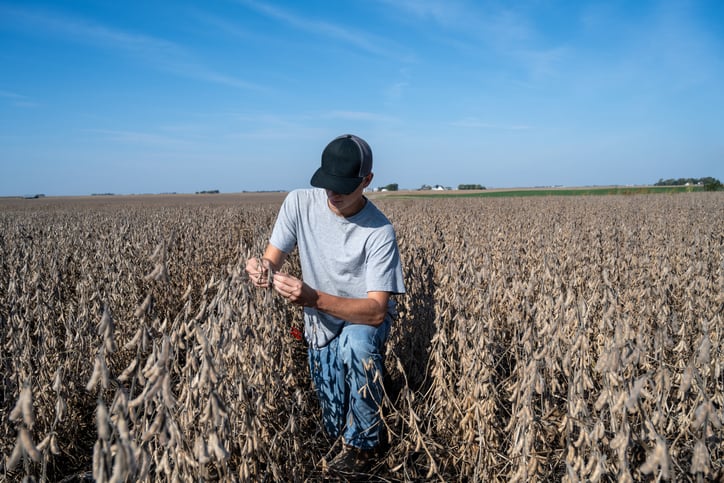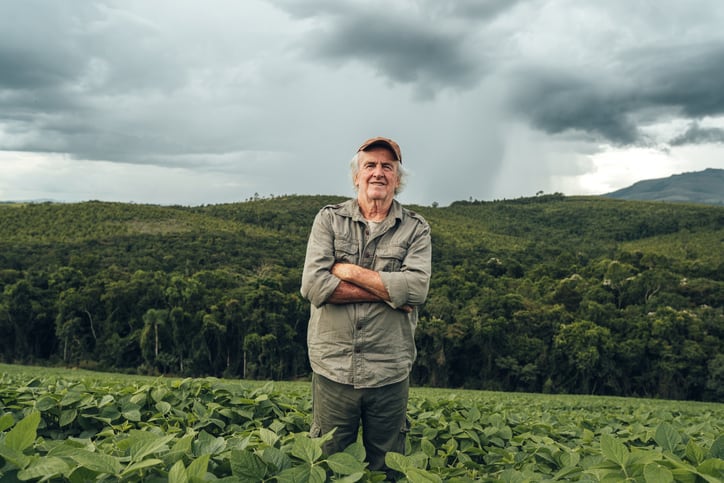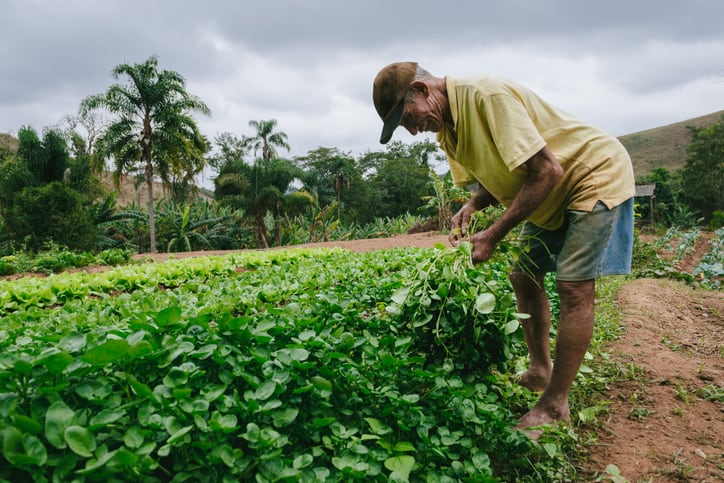The move aims to provide opportunities for young people from various backgrounds to enter the agriculture sector.
Underpinning the four-year programme are long-term partnerships with non-profit organisations such as Practical Farmers of Iowa (PFI), a group which supports sustainable and resilient agricultural practices in Iowa and beyond and provides opportunities for new farmers to enter the sector.
Via PFI, PepsiCo will equip farmers with strong business plans, coaching and capital, robust networks and training opportunities. So far this year, 58 farmers have recieved technical and financial assistance in partnership with PFI.
The FMCG giant will also partner with Illinois-based non-profit the Farm Foundation to create career opportunities within its North American supply chain and the agriculture industry at large. Again, this focuses on providing hands-on training and mentorship for students looking to enter the agricultural industry.
Finding future ag leaders
The PPI includes a two-year programme, called Field to Future, which will give career development support to college students in the agricultural sector, including conference attendance, mentorships, scholarships provided by The PepsiCo Foundation, its philanthropic arm, and the chance to participate in a two-year paid internship within PepsiCo.
The company says its latest investment aims to address widespread global food system challenges by bringing fresh perspectives, innovation, and energy into the agriculture industry.
All PepsiCo Foods products are born in the field, such as potatoes, corn, or oats. It is therefore committed to promoting a robust agricultural supply chain from the seed to the shelf.
The primary emphasis on the NPP is on providing resources, training, and opportunities rather than implementing specific technological solutions.
But the initiative's focus on supporting new and diverse farmers may indirectly lead to the adoption of innovative farming practices and technologies as fresh perspectives enter the field.
For example, the company is separately adopting new technologies to ensure the long-term sustainability of the US farming industry. It has a partnership with Agroscout, an artificial intelligence-based system that identifies and monitors crop diseases. This technology helps farmers improve crop yields and reduce pesticide use by providing precise and timely information about crop health. It has also joined forces with water technology company N-Drip, designed to provide farmers more precise irrigation.
PepsiCo has a business stake to future-proof the sector
The new initiative also supports the PepsiCo Positive (pep+) sustainability plan, which is backed up with $2.25 billion in green bonds. PepsiCo targets achieving net-zero emissions by 2040 and becoming net water positive by 2030. It aims to spreading regenerative practices across seven million acres in North America and improving livelihoods of 250,000 people in its agricultural supply chain.
In 2023, PepsiCo helped around 5,500 farmers take up regenerative farming practices across 1.8 million acres. Last year, the company also entered into a seven-year collaboration with Walmart, committing around $120 million to support regenerative agriculture practices on over two million acres of farmland in North America.
Announcing the new PPI programme, Margaret Henry, Vice President, Sustainable & Regenerative Agriculture at PepsiCo said: "I was born on a farm and am proud to work for PepsiCo, a company rooted in agriculture. PepsiCo has a business stake and responsibility to help grow a resilient and impactful supply chain from the seeds in the field to the products on the shelf to the many people at home enjoying our products. Providing access to food and building leaders for tomorrow are at the heart of our business at PepsiCo.”
She told AgTechNavigator, the long-term goal of PPI is to drive sustainable, systemic change in the agricultural industry and larger supply chain.
“Across our business, we are focused on increasing equitable and sustainable access to an evolving food system and economic opportunities worldwide,” she said. “Because these systems are so interconnected, the Planting Pathways Initiative allows us to build a strong pipeline and promote a prosperous career path for the future of our industry. We will evaluate future opportunities based on programme feedback and outcomes.”





